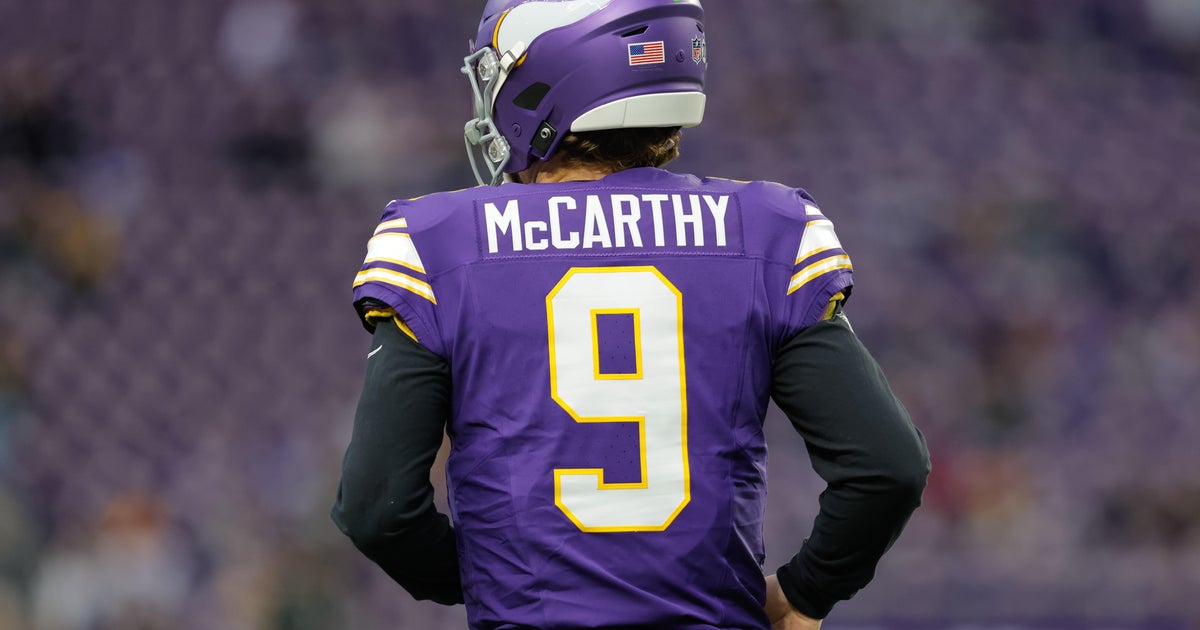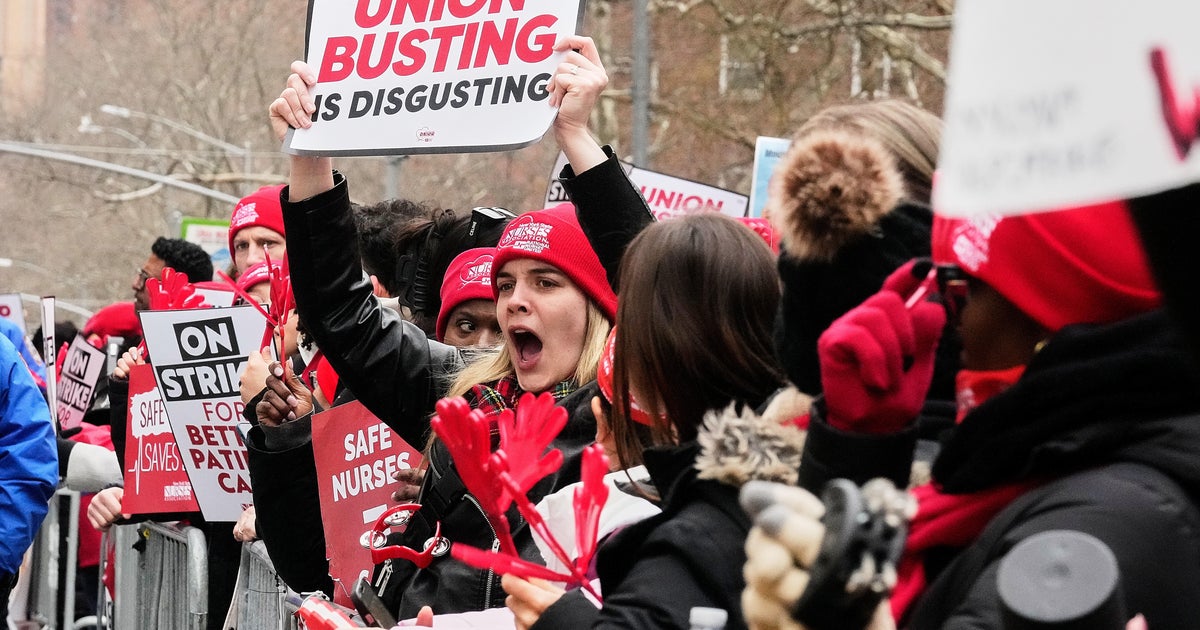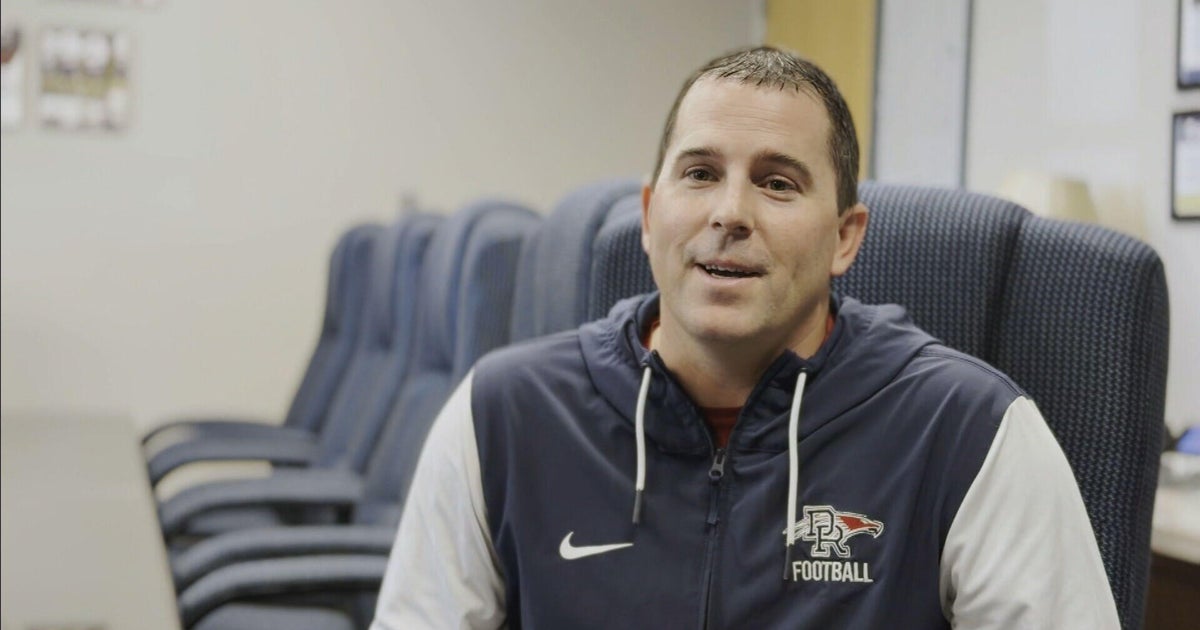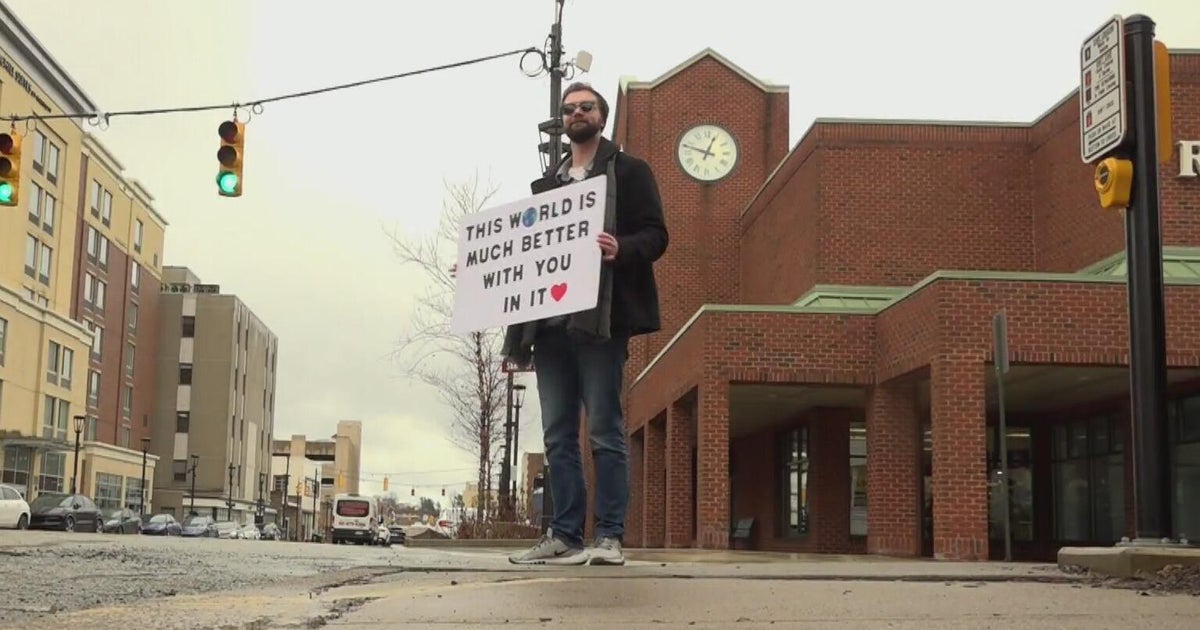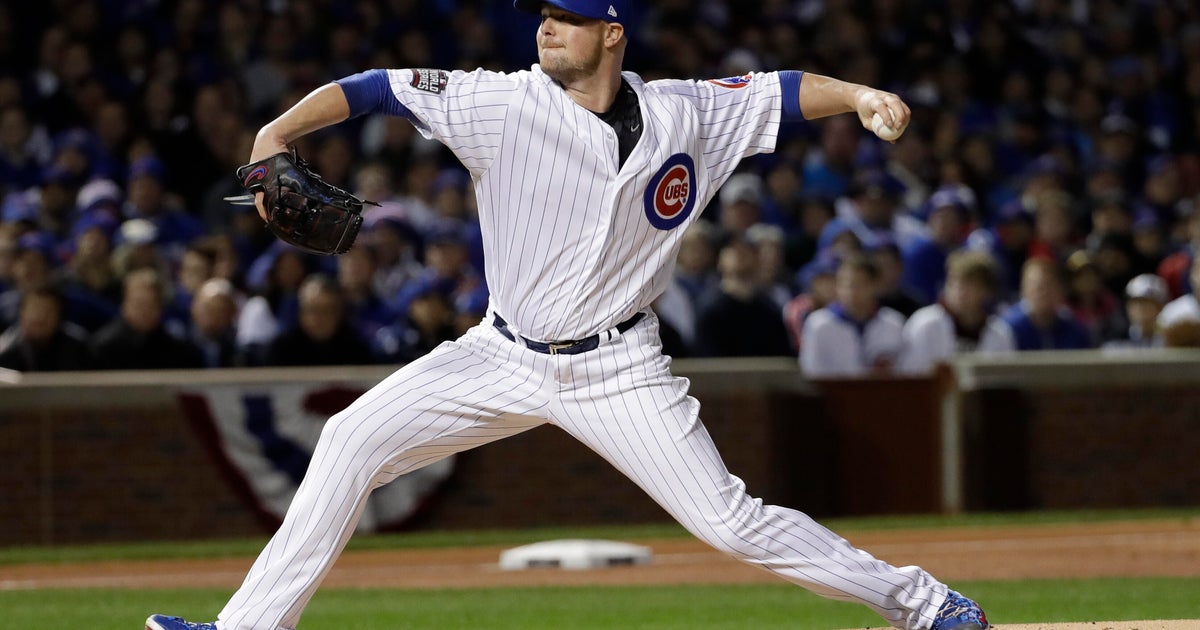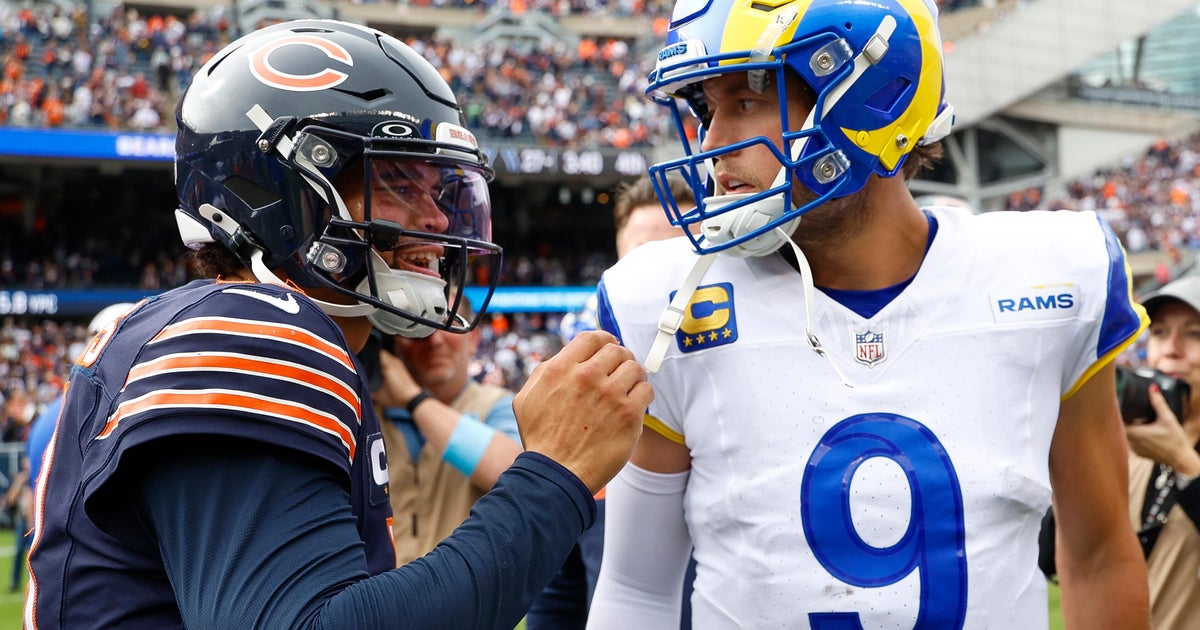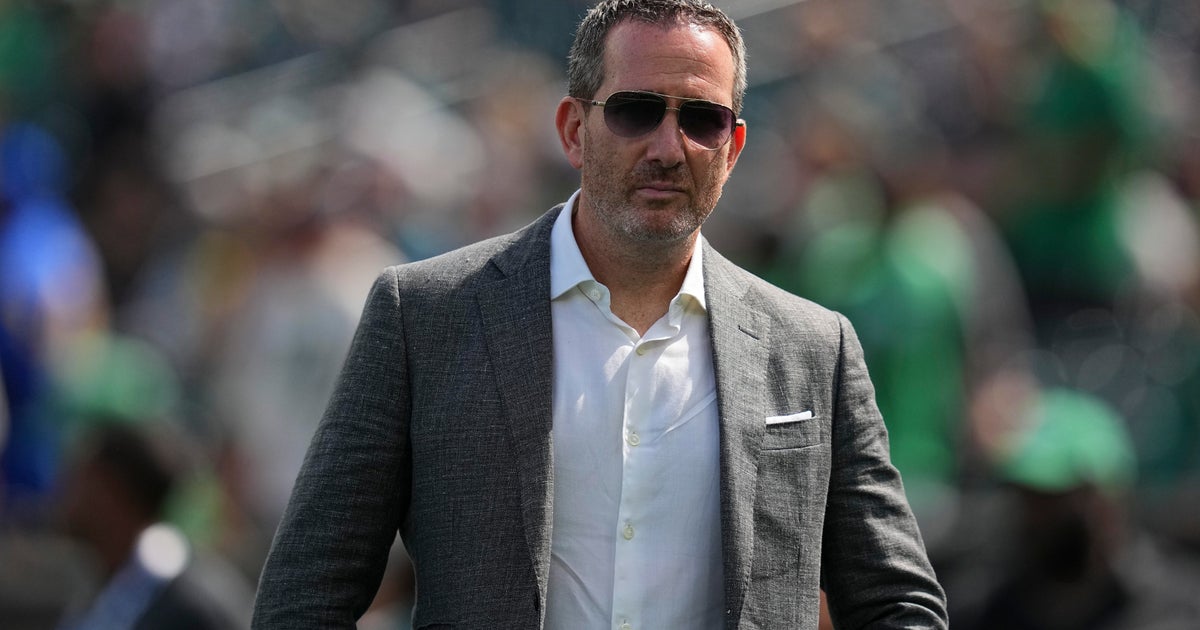Another Day Of Mediation, Still No Signs Of Agreement
MINNEAPOLIS (AP) Tuesday was another day full of court-ordered mediation between the NFL and its locked-out players. And just like the previous days, it ended without any signs of a new agreement.
Officials and attorneys for both sides said they will return for more closed-door talks with U.S. Magistrate Judge Arthur Boylan on June 7, four days after a key appeals court hearing in St. Louis on the legality of the lockout.
NFL lead negotiator Jeff Pash and former Vikings standout Carl Eller both said the talks went well, but there was no indication of any progress toward a new collective bargaining agreement. Pash said he thought Boylan had done a good job of "pushing the parties," but he doesn't believe the dispute over the future of the $9 billion business will be settled in court.
"The only way we're going to solve this is by sitting down together," Pash said, echoing the NFL's preference for traditional negotiations outside the courts. "I think we got some work done today and we're going to keep at it."
They've been at it for a long time. The two sides met for 16 days before talks fell apart March 11 and the lockout began. Boylan, who presided over four days of mediation last month and two more days this week, also had lunch with DeMaurice Smith, head of the NFL Players Association, and NFL Commissioner Roger Goodell.
"I feel we really got some movement between last night and today," Eller said, declining like the rest of the participants to discuss details.
The two sides are not scheduled to meet again until June, just a month before training camps typically begin and just eight weeks before the first preseason game on Aug. 8.
There are some huge court decisions coming up, including the June 3 hearing before the 8th U.S. Circuit Court of Appeals on the legality of the lockout. The same three-judge panel handling the hearing has already ruled twice in favor of the league, keeping the lockout in place.
U.S. District Judge David Doty is also deciding whether to award players more than $707 million in damages and to bar the NFL from using $4 billion in broadcast revenue. Doty has already said the league failed to secure the most income for the players when it re-negotiated those broadcast contracts.
And the federal antitrust lawsuit filed against the NFL by the players is still pending.
Robert Boland, a professor of sports management at New York University's Tisch Center who is following the case, said the timing doesn't help the players.
"The players have had great solidarity to this point, but that will get tighter as players go longer and longer without their workout and signing bonuses and get closer to the season," he said. "The longer we go without any kind of sense of when they will get paid again, the more their internal resolve is tested and the harder it becomes to hold them together."
He added: "Essentially, the NFL does want and need to play, but there's really no incentive from a financial and technical perspective to rush that. They can allow the players to come back to them."
Separately, the U.S. Chamber of Commerce business lobbying group filed a brief Tuesday supporting the league.
The chamber, like the NFL, noted that the dispute is currently before the National Labor Relations Board in the form of an unfair labor negotiations charge against the players. Until then, the chamber said, the court fight should be on hold and the NFL should be able to lock out its players if needed.
"For the collective bargaining process to work as Congress intended, the parties to the dispute must largely be left by the courts to their own devices," the chamber said. "The prospect of self-help forces the parties to make difficult choices" with the option of judges coming to their aid."
The NHL, which could face its own labor problem next year, earlier filed a similar brief supporting the NFL.
Copyright 2010 by STATS LLC and The Associated Press. STATS LLC and The Associated Press contributed to this article. Any commercial use or distribution without the express written consent of STATS LLC and The Associated Press is strictly prohibited.
